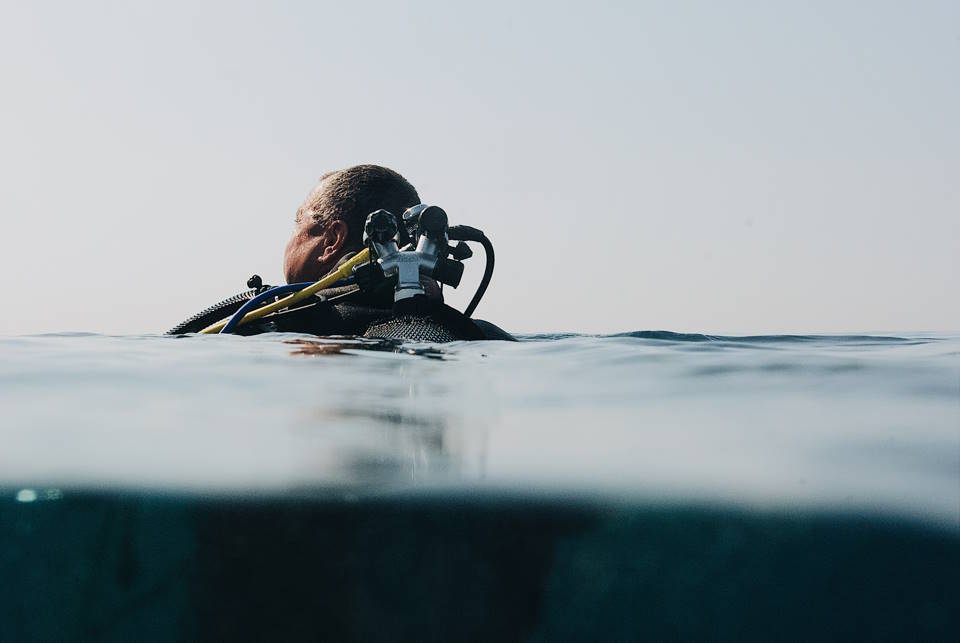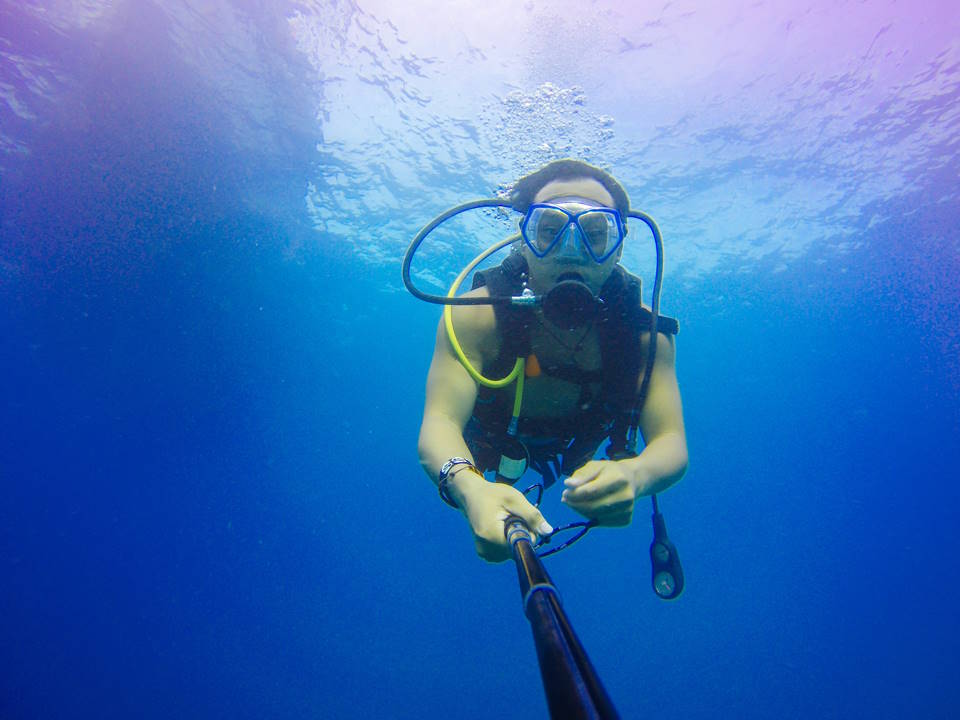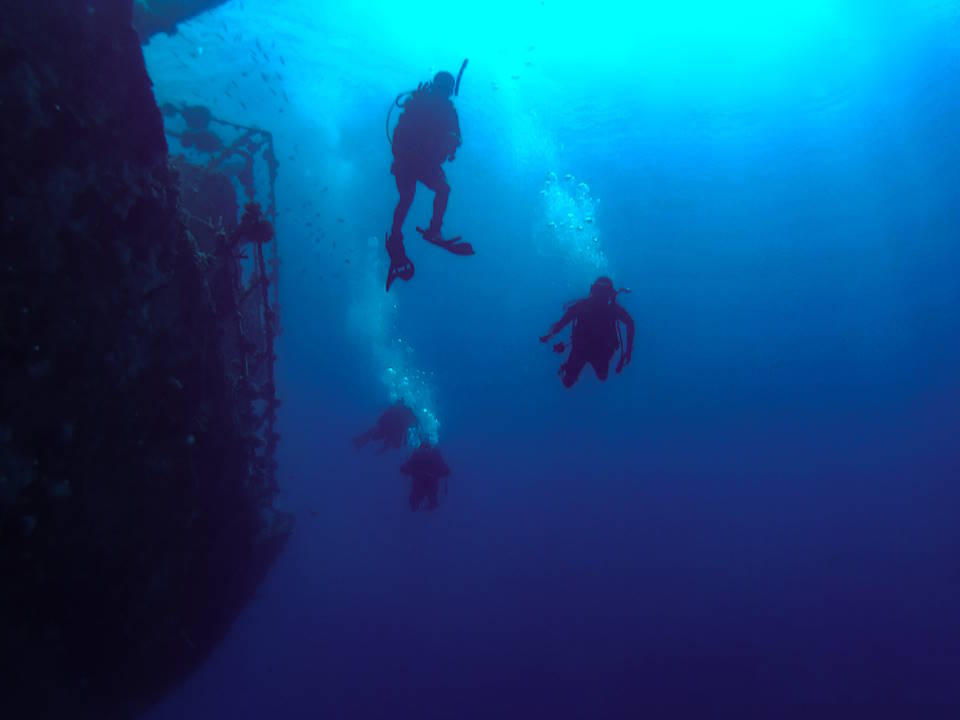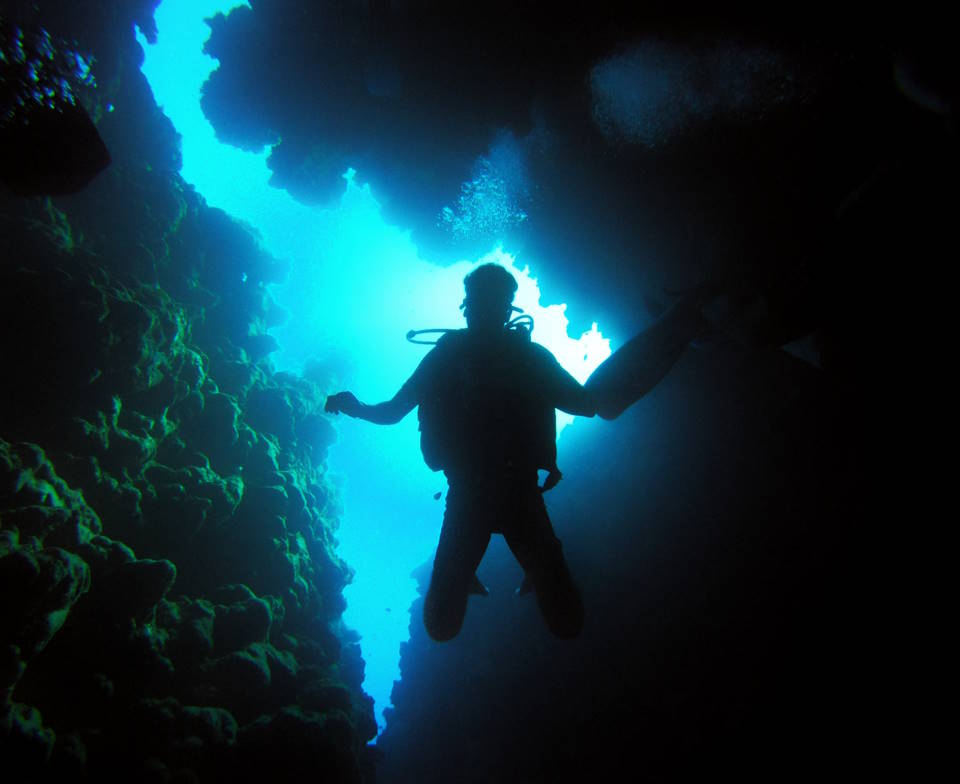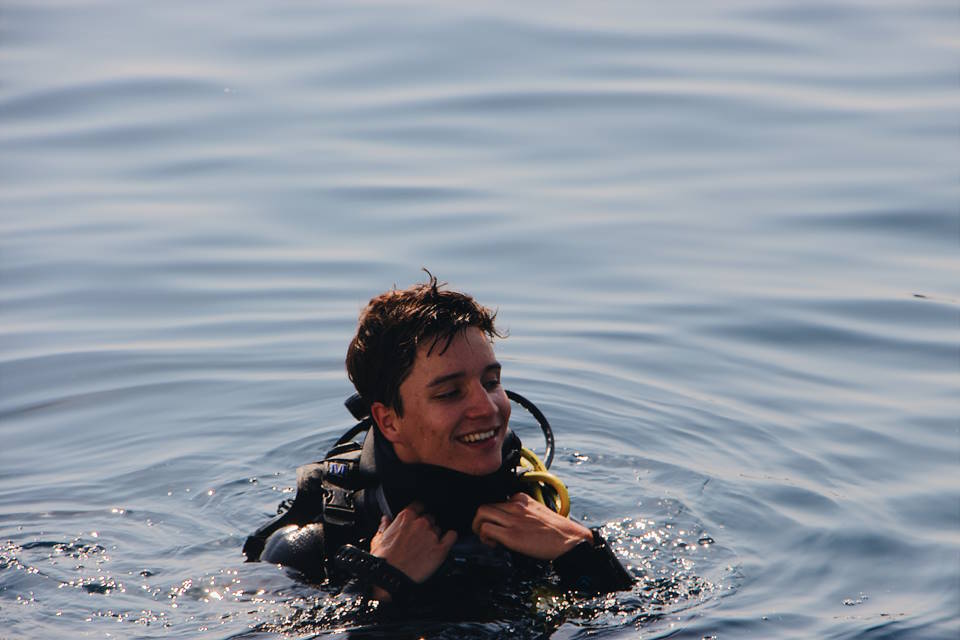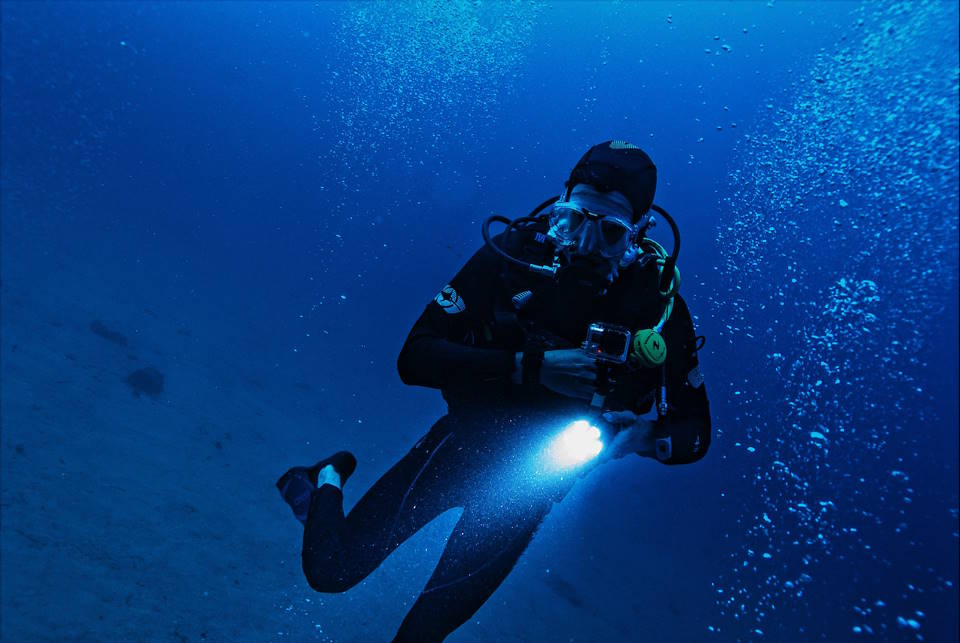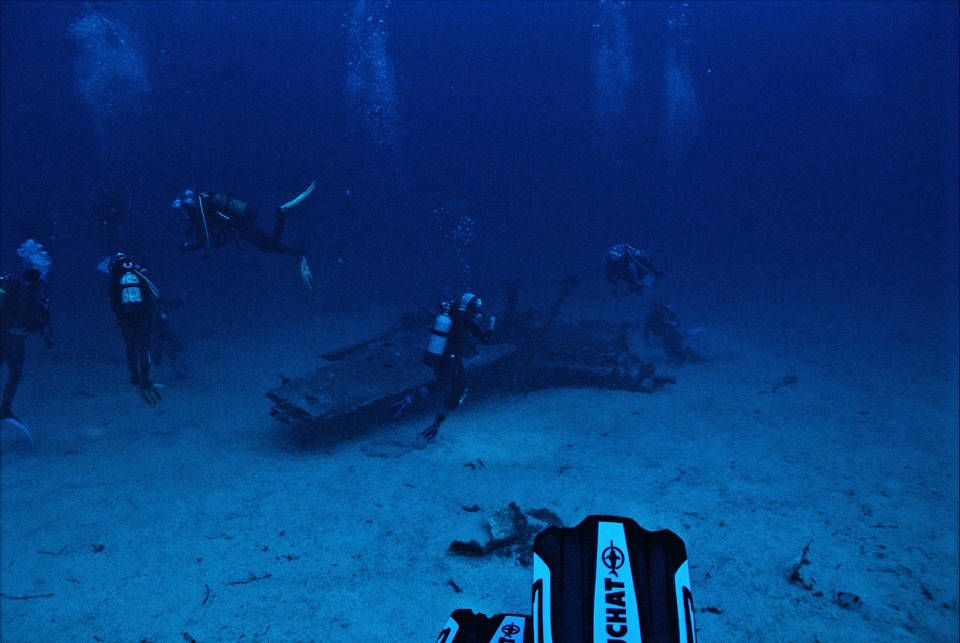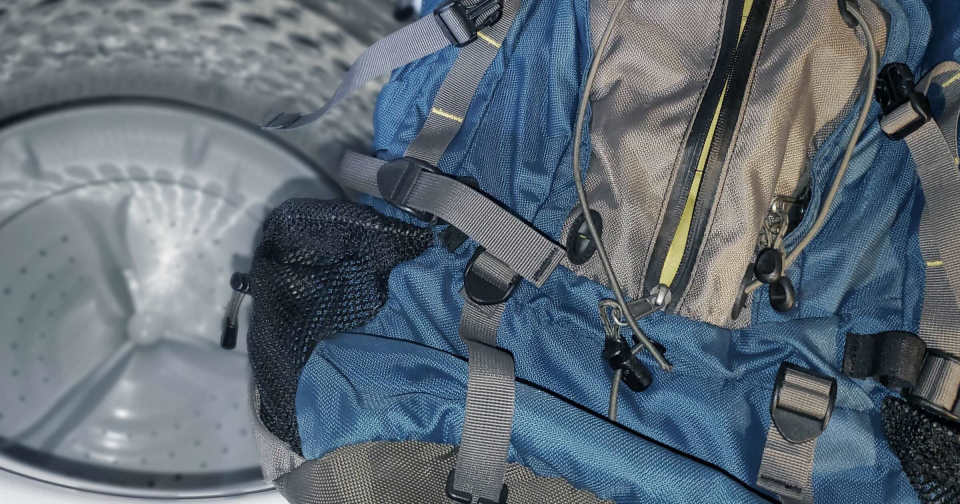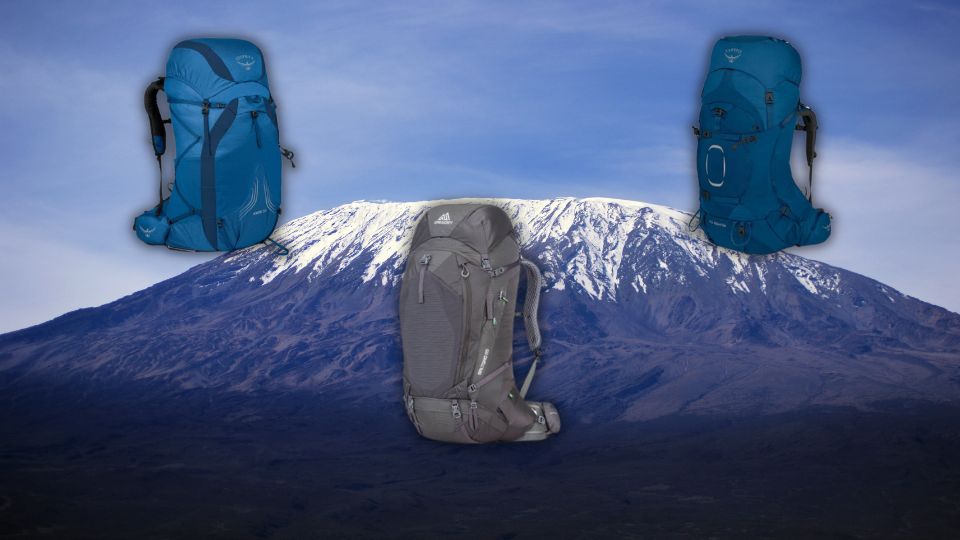Scuba diving is an incredible activity that allows you to explore the underwater world, but is it hard? Can anyone do it? Is it safe for beginners? If you’re new to scuba diving, these questions might be racing through your mind. The truth is, scuba diving is not as hard as people might think. With proper training and experience, almost anyone can do it. It’s a safe and fun experience that offers a unique perspective of our world. However, like any activity, there are some dangers involved that you should be aware of. We will answer all these questions and provide you with insights into what makes scuba diving such an exciting and challenging activity. So, let’s dive in!
Introduction
Scuba diving is a thrilling activity that can take you to an entirely different world. But for many, the idea of scuba diving can be intimidating, and even more daunting if they believe it is difficult. So, the question arises, is scuba diving hard? While scuba diving requires some physical and mental effort, the answer to the question ultimately depends on the individual’s perception and approach towards it.
Scuba diving demands a certain amount of physical fitness, but it doesn’t mean you must be an athlete to do it. Basic swimming skills are essential for scuba diving, although you don’t need to be an Olympic swimmer. As long as you are reasonably fit, and can swim for short distances, you can do scuba diving. Before diving, you must pass certain health and fitness checks to ensure that you are in good health and fit for diving. These checks will also help you to determine any underlying medical conditions that may affect your diving experience.
Another aspect to consider when it comes to how hard scuba diving is, is the mental factor. Fear and anxiety are common feelings that many people experience when trying something new or different. Underwater, an individual may encounter some fears, like claustrophobia, fear of drowning, or fear of the dark. To overcome these fears, one ought to undergo sufficient training. A professional instructor will offer you “dive courses,” teach you the basic safety procedures and assess your confidence level before entering the water. Through this process, you will learn that scuba diving isn’t so hard after all, and you can have fun and enjoy the underwater experience.
Can a Normal Person Do Scuba Diving?
Are you feeling hesitant about taking a dive into the world of scuba diving? Fear not, you are not alone. Many people have reservations about scuba diving, often assuming that it requires elite athletic abilities or extensive training in marine biology. But the truth is, scuba diving is an inclusive sport that can be accessible to nearly everyone.
Contrary to popular belief, scuba diving does not require great physical strength or intense athleticism. The equipment used in scuba diving is designed to help you overcome any physical limitations you might have. For instance, a BCD (Buoyancy Control Device) allows a diver to control and adjust their buoyancy underwater, making it possible for someone who may not be the strongest swimmer to still have a comfortable diving experience.
Besides the physical aspects of scuba diving, it is also important to know that scuba diving is a highly regulated sport that prioritizes safety above all else. Beginner scuba diving courses are structured to provide new divers with the foundational knowledge and skills necessary to be confident and safe underwater. These courses are designed to be accessible to nearly everyone, regardless of prior diving experience.
So, who is a “normal person”?
- If you are over 10 years old, in reasonably good health, and able to swim, then you are likely a candidate to take a beginner scuba diving course.
- However, it is important to note that there are certain medical conditions that may disqualify someone from scuba diving. These range from respiratory conditions, to heart and lung issues, to ear problems. Be sure to speak with your doctor before undergoing any scuba diving training.
Overall, scuba diving can be a wonderful and accessible experience for the majority of people. With proper training, equipment, and safety measures in place, scuba diving is a sport that nearly anyone can do. Don’t let fear or assumptions hold you back from exploring the depths of the ocean.
Is Beginner Scuba Diving Safe?
Scuba diving is a fun and exciting activity that many people want to try. It’s a great way to explore the underwater world and see marine life up close. However, some people may feel hesitant to try scuba diving because of safety concerns. They might wonder if scuba diving is safe, especially for beginners who have little or no experience. The answer is yes, beginner scuba diving is safe as long as you follow the necessary precautions.
Before you start scuba diving, it’s important to undergo proper training. This includes learning about the equipment you’ll be using, the proper techniques for diving, and safety procedures. Most scuba diving courses include theory lessons and practical training, so you’ll have a good understanding of what to expect before taking the plunge.
- One of the most important aspects of safe scuba diving is having the right equipment. This includes a properly fitting wetsuit, BCD (buoyancy control device), regulator, diving mask, and fins. Your equipment should be well-maintained, and you should know how to use it properly.
- Another important safety precaution is diving with a buddy. This means having another diver with you at all times during the dive. Your buddy can help you in case of an emergency or if you need assistance underwater. It’s also a good idea to stay close to your buddy during the dive to avoid getting lost.
- Finally, it’s important to check your physical condition before diving. If you have any medical conditions that could affect your ability to dive safely, you should consult with a doctor before diving. You should also avoid diving if you are under the influence of drugs or alcohol.
Although scuba diving can be safe for beginners, there are some risks involved. One of the most common risks is decompression sickness, also known as “the bends.” This happens when nitrogen bubbles form in the blood and tissues, usually because of ascending too quickly to the surface. To prevent this, divers should follow the proper ascent rates and safety stops as taught during training.
What Is the Hardest Part of Scuba Diving?
Scuba diving is an amazing activity for people who love the water and want to explore the underwater world. However, it’s not a walk in the park. Scuba diving requires proper training and equipment to ensure a safe and enjoyable experience. One of the things that can make scuba diving challenging is dealing with the pressure changes that occur when diving in deep water.
When you scuba dive, the deeper you go, the greater the pressure on your body. This pressure affects your ears, sinuses, and other parts of your body. This may result in discomfort or pain, which can be uncomfortable or even dangerous if not managed properly. Equalizing pressure in your ears is essential, but it can be difficult to master at first.
- Another challenging aspect of scuba diving is mastering buoyancy control. When you dive, you are essentially weightless in the water, which takes some time to get used to. It can be a tricky task to stay neutral in the water without floating to the surface or sinking too deep.
- In addition to pressure changes and buoyancy control, you may encounter difficult conditions such as strong currents or poor visibility while scuba diving. These challenges can make it harder to navigate underwater or communicate with your dive partner.
Lastly, fear and anxiety can be the hardest part of scuba diving for some people. Even though scuba diving is a safe activity when done correctly, it’s common for beginner divers to feel uneasy or nervous. The best way to overcome this is by taking a scuba diving course and working with a trained instructor who can guide you through your dives step by step.
Is It Normal to Be Scared of Scuba Diving?
Scuba diving is an incredible experience that lets you enter the underwater world and see marine life up close. However, despite its appeal, a lot of people experience fear when thinking about scuba diving. They worry about the equipment, the underwater environment and the possibility of danger. Fear of scuba diving is a very common occurrence, and it’s important to address it upfront. But, is it normal to be scared of scuba diving?
One of the main reasons people might feel scared of scuba diving is because they perceive it as dangerous. However, the truth is that scuba diving is a very safe sport when you follow the proper safety procedures and guidelines. Certified diving instructors and reputable diving schools can provide you with the necessary information which can help you tackle your fears and safely explore the underwater world.
Another reason people might feel scared of scuba diving is because of the unfamiliar environment. Many people aren’t accustomed to being immersed in water for long periods, and that alone can create a sense of anxiety. Additionally, the equipment combined with the depth of the water can feel overwhelming. One way to overcome this is to gain exposure to the underwater environment through snorkelling, which can help you become more comfortable in water and become accustomed to aquatic creatures.
Lastly, it’s worth noting that fear is a normal and natural response to new situations. It is essential to acknowledge your fear and allow yourself to work through it. Recognizing the fear and confronting it step-by-step is the best way to overcome a phobia or anxiety.
What Are 3 Dangers of Scuba Diving?
Scuba diving is one of the most popular underwater activities in the world. However, it’s important to remember that diving in unknown waters can be risky and dangerous. As an adventurous sport, scuba diving requires divers to be cautious, aware, and properly trained in order to avoid certain dangers.
The following are three common dangers that all divers should be aware of:
- Barotrauma – This danger occurs when the air pressure within the body is not balanced with the pressure outside of the body. During descent, water pressure increases and air spaces within the body, like the ears and sinuses, can’t adjust quickly enough. In severe cases, this can lead to ruptured lungs or eardrums, and even death. To avoid this risk, it’s important to equalize air pressure constantly during your dive.
- Decompression Sickness – This is another risk to divers when they surface too quickly or do not allow proper decompression time. It’s important not to ascend too quickly, or there is a high risk that nitrogen bubbles form in tissues or joints, causing joint pain, skin rashes, and even life-threatening illnesses. This is why it’s crucial to follow dive tables and use a dive computer properly when diving.
- Equipment Failure – Finally, equipment failure can be the most hazardous danger of them all. Proper equipment maintenance and vigilant pre-dive checks are always necessary to prevent equipment failure. Scuba divers should always double-check their gear and ensure that everything is working correctly. If you rent equipment, you should still make sure it’s in good condition before diving.
In conclusion, scuba diving can be a fun and exhilarating experience, but it’s important to remember that it can also be dangerous. Proper training, awareness, and cautious diving are all essential to mitigate these risks.

